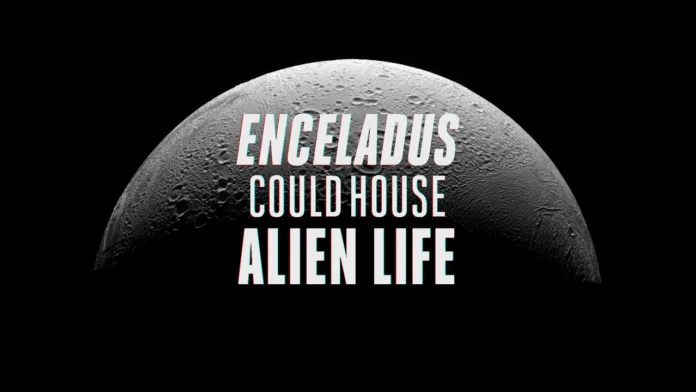NASA’s revelations on Enceladus hint at ingredients for alien existence right in our cosmic backyard!
In the quest for extraterrestrial life, NASA scientists have turned their gaze closer to home, uncovering tantalizing evidence on Saturn’s moon, Enceladus, that suggests it could be a hotspot for otherworldly existence.
Dispelling the stereotypical image of little green beings, a recent study delves into data collected on Enceladus, unveiling a moon teeming with organic compounds crucial for life as we understand it, according to NASA’s Jet Propulsion Laboratory (JPL).
The moon, known for releasing colossal plumes of ice grains and water vapor, has now provided further intrigue. JPL’s analysis indicates a “strong confirmation of hydrogen cyanide, a molecule key to the origin of life,” within these plumes.
Crucially, scientists have unearthed evidence of a potent source of chemical energy lurking beneath the icy exterior of Enceladus’s ocean, which fuels the erupting plumes, a revelation previously unidentified.
While the findings may not confirm the presence of intelligent extraterrestrial beings, they suggest that Enceladus could boast the essential components for life and potentially sustain it.
Lead author Jonah Peter, a doctoral researcher at Harvard and former NASA JPL member, expressed the significance of the study: “Our work provides further evidence that Enceladus is host to some of the most important molecules for both creating the building blocks of life and for sustaining that life through metabolic reactions.”
Kevin Hand, co-author of the study and principal investigator at JPL, emphasized the moon’s potential hospitability. In 2017, the discovery of carbon dioxide, methane, and hydrogen in the plumes hinted at methanogenesis, a metabolic process crucial to Earth’s origins.
Hand drew a compelling analogy, stating, “If methanogenesis is like a small watch battery in terms of energy, then our results suggest the ocean of Enceladus might offer something more akin to a car battery—capable of providing a large amount of energy to any life that might be present.”
While we’re not preparing for cosmic visitors just yet, Saturn’s moon Enceladus beckons as a promising celestial neighbor, offering a potential habitat for life beyond our terrestrial confines.
